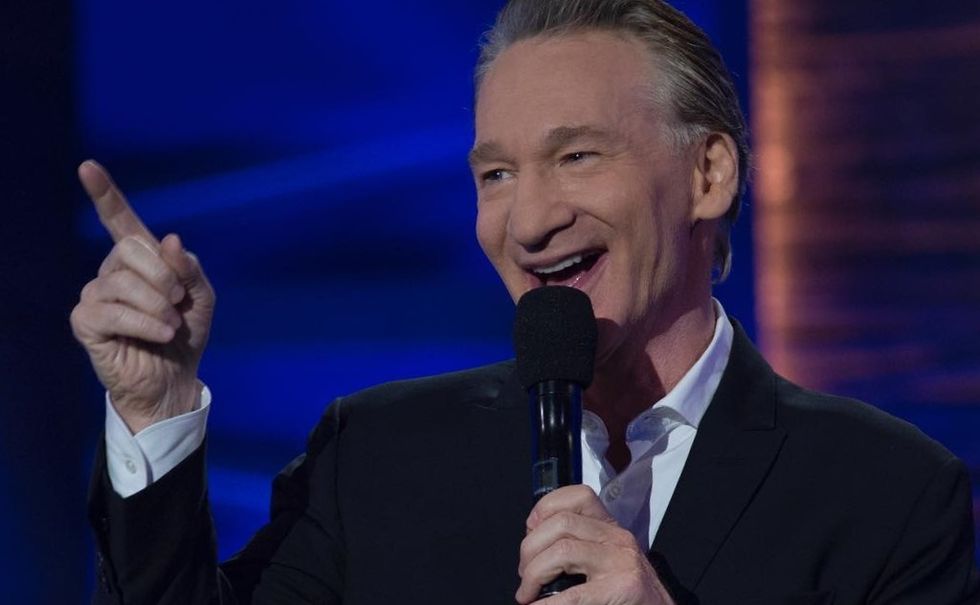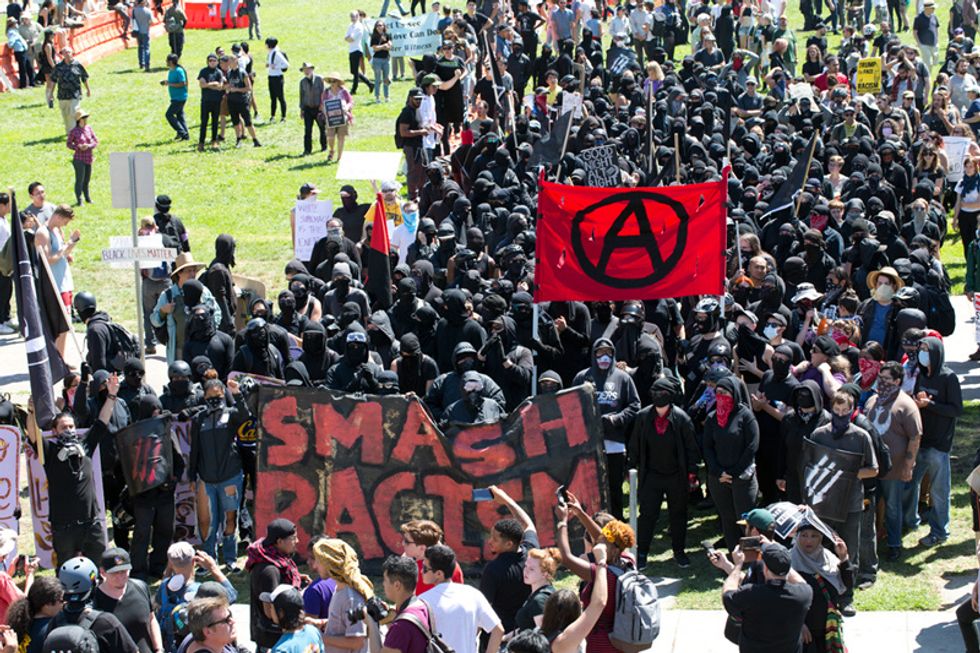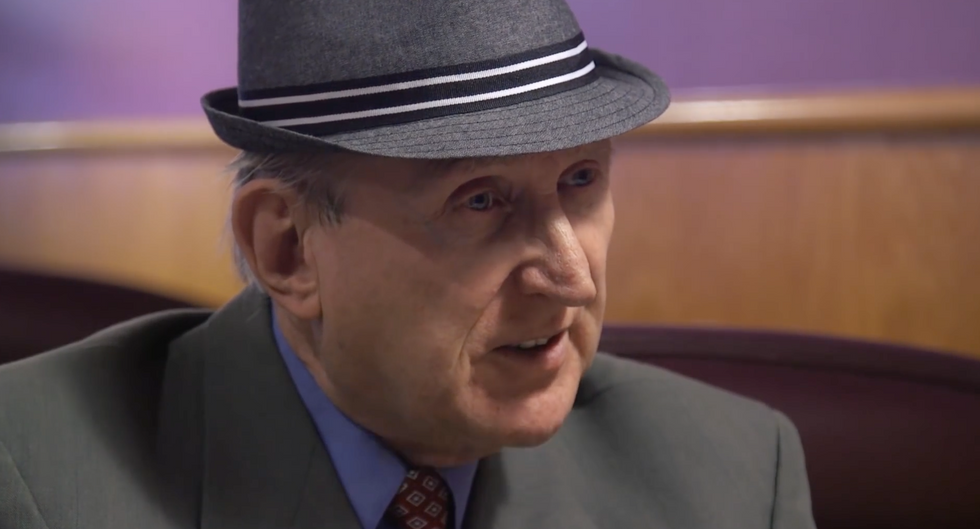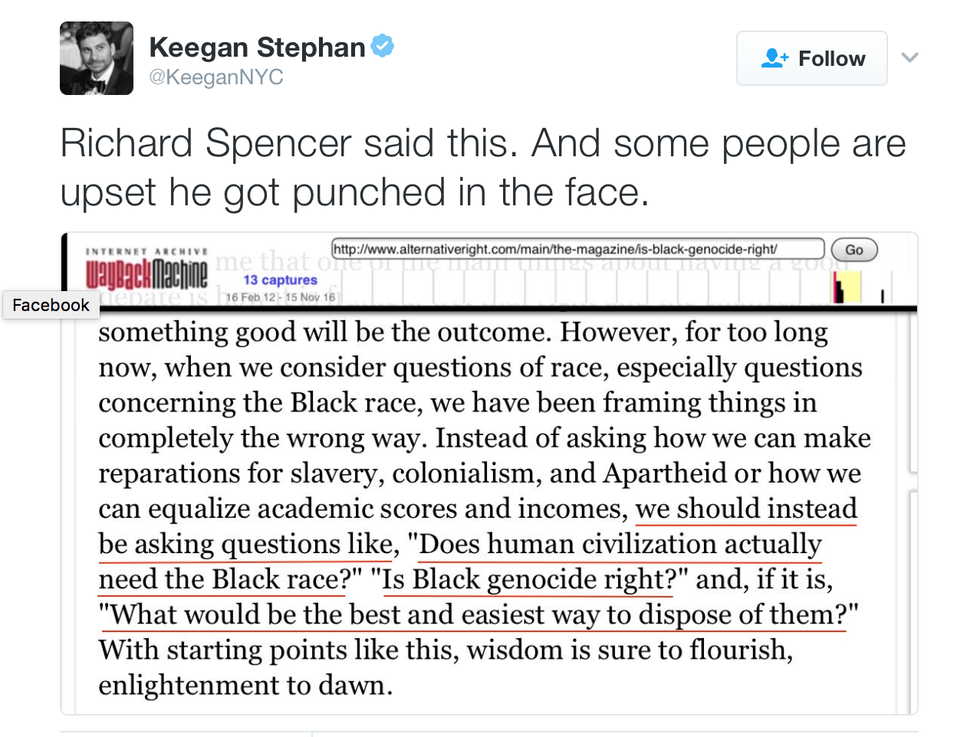Criticizing Culture Has Its Issues, But It's Not Always A Bad Idea
Sometimes the most controversial statements aren't hatred in need of correctness, but a viewpoint you haven't considered.
Just to ease your mind and offer some context to what I will say—I am not here to advocate for any specific political party or view. In fact, I don't like to consider myself part of any political party because the labels have become grounds for hatred and automatic categorizing.
This shouldn't be about the left wing and the right, it should be about having a much-needed conversation.
Colleges and universities have come under fire within the last few years for being "too politically correct." The typical evidence includes protests, social media posts, and refusing public speakers based on things they have said (or tweeted). And again, nothing to do with political parties, as many assume. People as far right as Ann Coulter and as far left as Bill Maher have both been disinvited from universities because of their viewpoints or past statements.
Another example is in television shows and comedy shows (and even in tweets) - if a celebrity or company says something controversial, the internet boycotts and demands an apology.
Is this what it means to be overboard in political correctness?
To put it simply, no. I say no not because it isn't overboard, but because it doesn't have much to do with political correctness. Political correctness is about promoting conversations and opinions that are inclusive and unoffensive. Sometimes these are definite cases of the public using political correctness to silence a viewpoint—and sometimes it's even justified.
Most people can agree that when Neo-Nazis talk about white supremacy, it's good for us to band together and argue against that mindset. In this situation, the Neo-Nazis claim that minorities are animals and deserve terror. By definition, this conversation is extremely targeted and offensive to a large group of people and hence is politically incorrect. The reaction of anger and desire to silence them would be political correctness. So what's the confusion?
What seems to be forgotten is that there's a difference between being offended and disagreeing.
Here's an example: Bill Maher was the topic of anger at UC Berkeley once he was announced as an upcoming guest speaker in 2014. Though the school board eventually decided to go through with the invitation, Berkeley students created a Change.org petition which explains why they wanted to bar him from speaking on campus.
Some examples they give are from his comedy news show "Real Time with Bill Maher" where he makes offensive jokes and uses offensive language in such jokes. However, Maher is progressive socially, and, when speaking seriously on issues, is very accepting of people of different backgrounds. Additionally, if you find a joke too wild and controversial, that is subjective and deserves context.
The main point of the petition was claiming that Maher has bigoted beliefs on religion and culture while not joking. The problem here is that political incorrectness (which the petition calls "hate speech") is being conflated with negative criticism. Yes, it is offensive and bigoted to hate a person for their religion or culture, but Bill Maher is really "hating on" religion and certain cultures conceptually. There is a difference between saying "I hate apples because XYZ" and "I hate people who eat apples because they eat apples."
Getting offended because someone criticized your faith or culture can feel like a personal attack, but it isn't always.
In a country with free speech, we have to be allowed to criticize or hate concepts or else the opinion wouldn't be free. It would be incredibly politically incorrect to say people who are Muslim are terrible people since it is directly offensive to a group of people. But if one criticizes Islam as a religion, Muslim people are not necessarily under attack. When this angers people, it's mainly because they disagree with his criticism. The common belief today is that all religions are equal and deserve respect, but he disagrees and he voices it.
Here's a more extreme case: In a country where many people believe in a dictatorship, let's say a person says "I hate dictatorships" and then proceeds to list reasons why. Is it right for people in the country to then banish him? You'd probably say no because he/she was just expressing an opinion. But by the logic of people such as the student who made the Bill Maher petition, this citizen deserves punishment and exclusion for being blatantly disrespectful of a widely accepted idea.
So, what do we do about this?
The best way to stop the problem (or at least get on that track) is to collectively recognize it. Perhaps some will disagree, but I think political correctness is important, as well as harsh criticism. It's important to call people out when they're targeting people or groups of people based on who they are, and it's important to call out ideas when you disagree. But conflating offensive bigoted content with loud oppositions is why everyone in the political equation is unhappy about these situations.
Remember to take a deep breath, smile, and keep an open mind. Sometimes the most controversial statements aren't hatred in need of correctness, but a viewpoint you haven't considered.





























